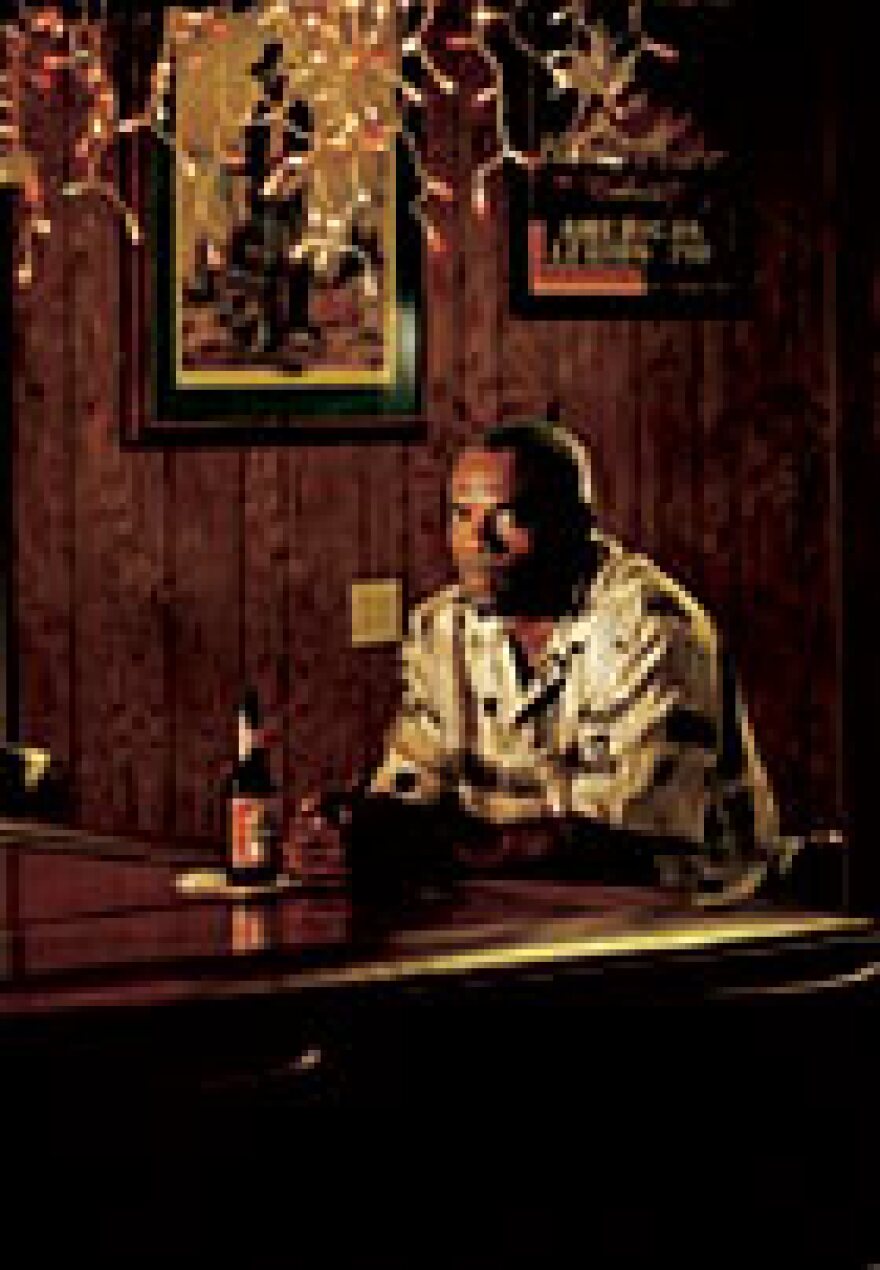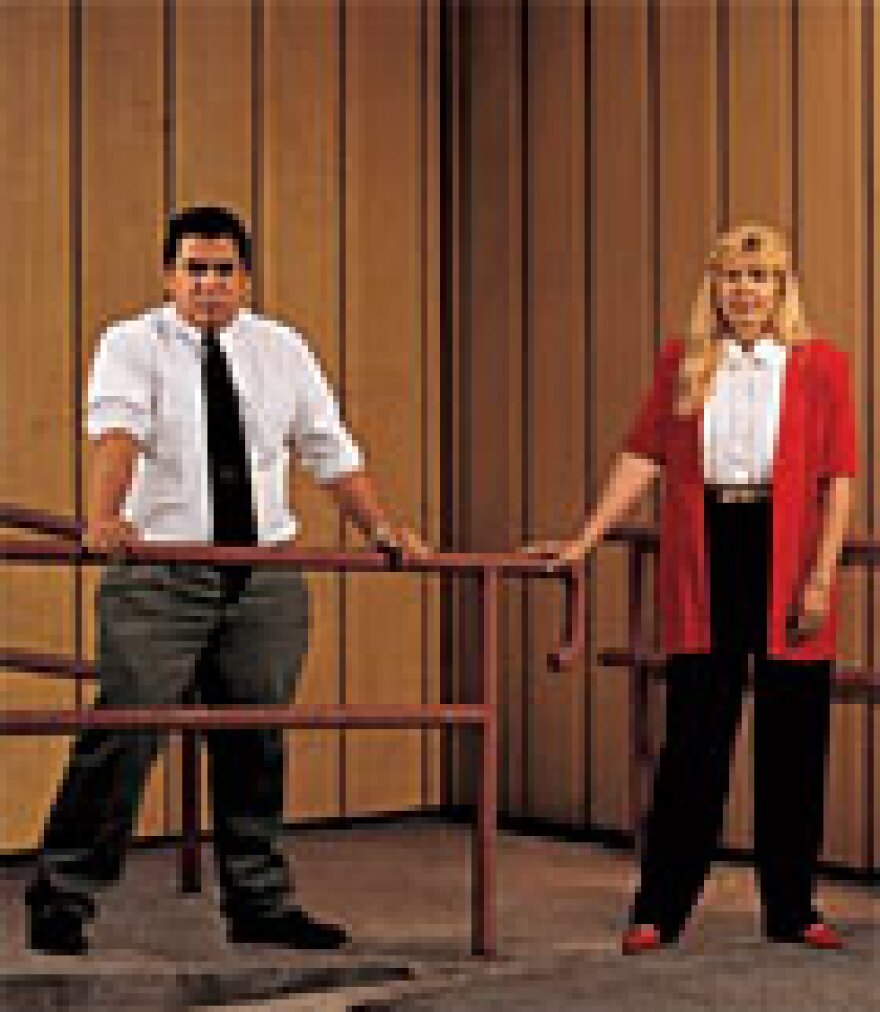

Frederick Daye is pictured at his "alibi location," a bar stool at an American Legion Post in San Diego, where more than a dozen witnesses placed him at the time he was accused of raping and robbing a young woman. His photo is among dozens in The Innocents, a new book and exhibit by Taryn Simon about men (and one woman) who were wrongly convicted of and imprisoned for sometimes horrible crimes but later exonerated, often as a result of DNA testing.
Daye tells NPR's Steve Inskeep that the police coerced the victim into believing he was her attacker by showing her his photo and telling her he was the man responsible. Daye says he's grateful that he was eventually released after serving nearly 11 years for the 1984 crime. "I had no idea that I would ever get out of prison. I thank God… because if it wasn't for the DNA test, I'd still be in prison right now."
But he says the experience cost him his sanity and he's lost jobs because of his prison record. Daye says he has been told he would soon receive compensation from the state of California for his wrongful imprisonment. But "if they were to give me $100 million, that still wouldn't be enough. You can't put a value on the loss of an individual day, minute, hour, whatever, in jail. You can't get that time back."
Simon says the idea for the book emerged from a New York Times Magazine assignment to photograph a group of men who had been wrongfully convicted and freed from prison after serving time on Death Row.
Simon says she noticed that photography itself played a role in several of the convictions. "Mistaken identifications are extremely influenced by photographs, or visual materials -- composite sketches, photographs, lineups -- and it's relying on witness memory or the victim's memory," the photographer says. "That memory is not precise… all these men are testaments to that."
In some cases the convictions were the result of police corruption, in others "just flat-out misidentification," she says.
In several cases, Simon brought the convicted rapists together with the victim or the victim's family to photograph them. Christopher Ochoa posed with Jeanette Popp, the mother of the Austin, Texas, Pizza Hut manager he was accused of raping and murdering in 1988.
Ochoa says he made a coerced confession when he was threatened with the death penalty. "They took advantage of my [naivete] with the system and they threatened my life. They wore me down psychologically," he says.
He served 12 years of a life sentence before being exonerated when another man confessed to the crime. Popp helped Ochoa get DNA tests that supported his innocence and she and Ochoa have become friends. "She helps me cope with freedom," Ochoa says. "Sometimes I'll ask her advice and she gives me the best advice she can."
Copyright 2022 NPR. To see more, visit https://www.npr.org.


